Tag: Aristotle
-

Counsels of the Wise, Part 5: Principles and Practice, Examples and Discipline
In the last article we discussed “good instruction” as a preliminary or a forerunner to prudence. While the development of prudence itself must be confirmed through experience, since it requires familiarity with all the particulars of life, it can and must be fostered in the young through implanting the right principles. A great part of…
-
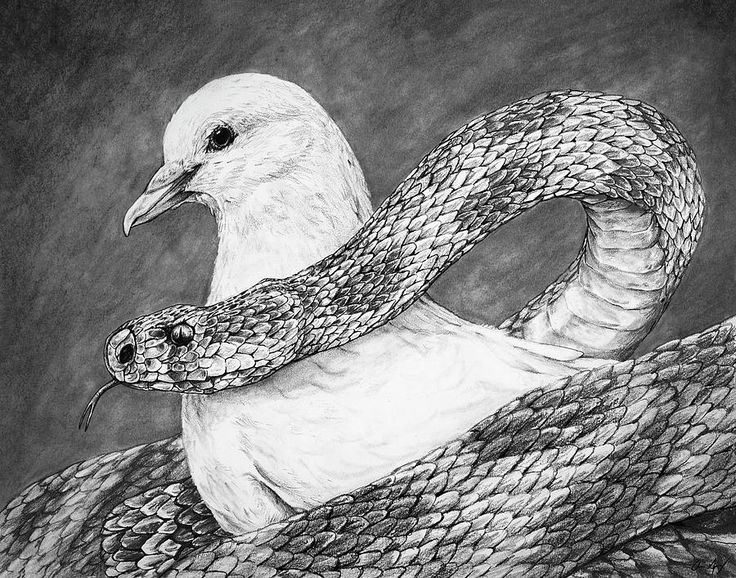
Counsels of the Wise, Part 4: Preliminary Instruction in Prudence
How does a person become wise? What are the proper ingredients in an educational paradigm aimed at prudence? Where would we even begin? So much of K-12 education seems to have nothing to do with practical wisdom, as Aristotle defines it. How do we recover the classical goals of wisdom and virtue in earnest, and…
-
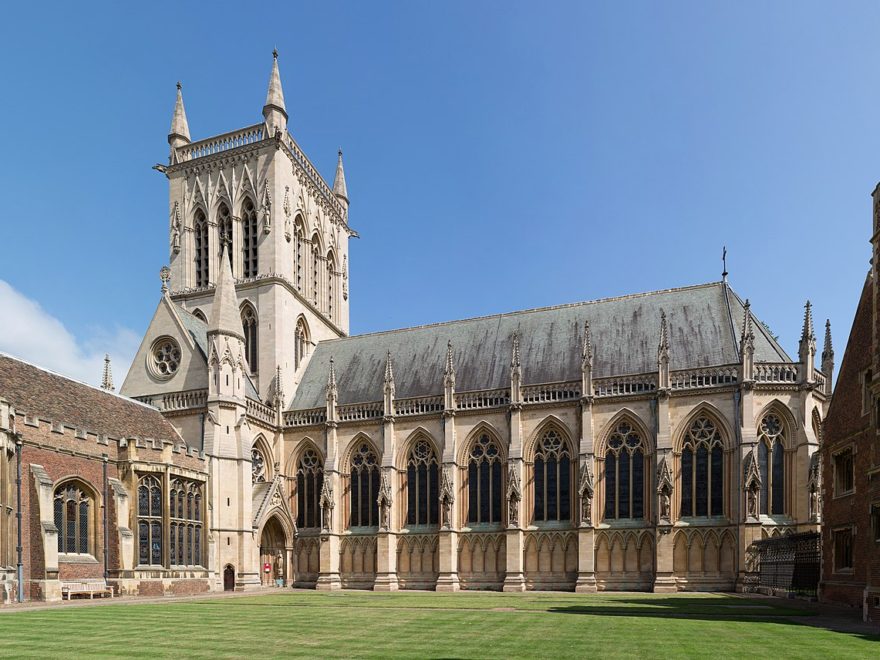
Counsels of the Wise, Part 3: The Practical Nature of Prudence
In this series we are recovering several lost goals of education by exploring Aristotle’s intellectual virtues as replacement learning objectives for Bloom’s taxonomy. Prudence or practical wisdom (phronesis) is one such lost goal, which is endorsed by the biblical book of Proverbs and the New Testament, even if Aristotle’s exact terminology is not adhered to.…
-
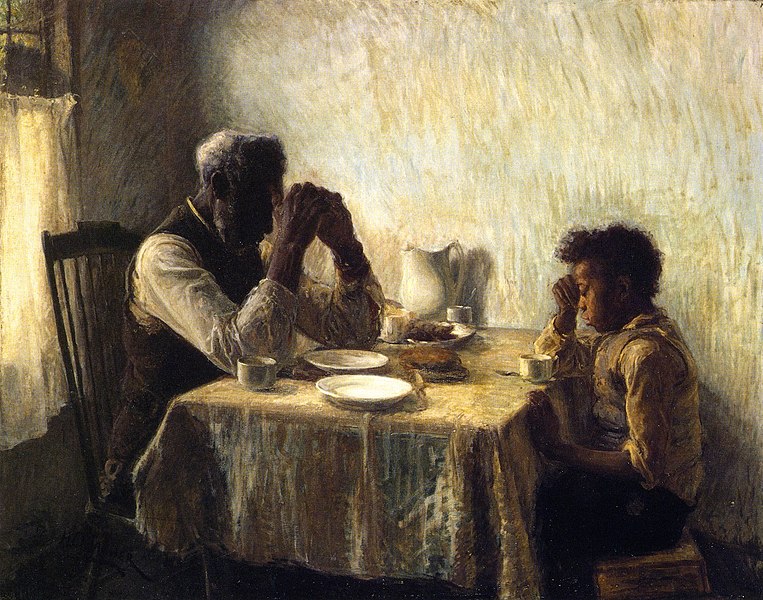
Learning Gratitude: A Pathway to a Good Life
Among the greatest characters created by Tolkien in The Lord of the Rings is the noble prince Faramir. He is the younger brother of the fallen Boromir and is characterized by wisdom and judgment. When we first meet Faramir in the forests of Ithilien, he chances upon the hobbits Frodo and Sam who have already…
-
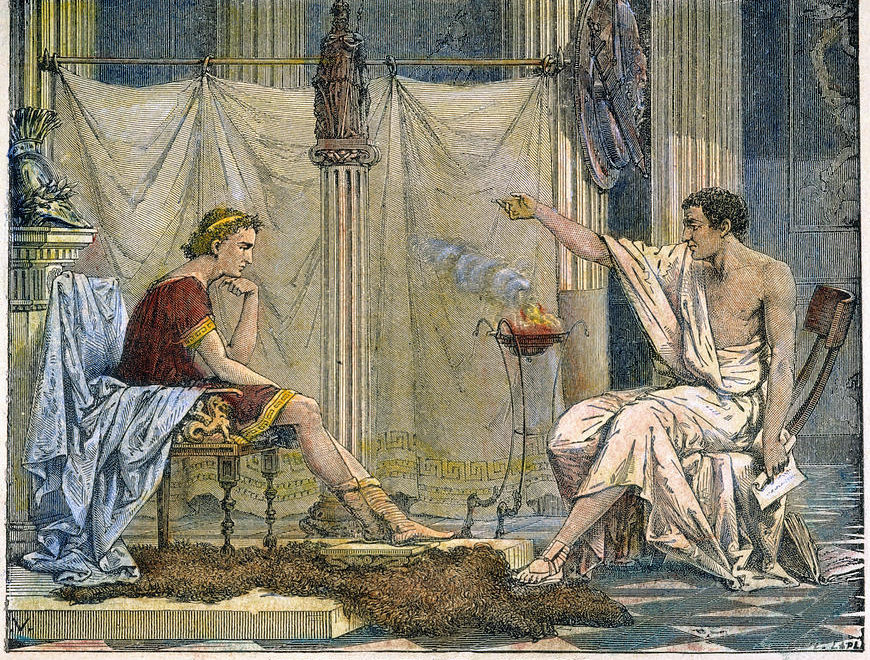
The Counsels of the Wise, Part 2: Why Reviving Moral Philosophy Is Not Enough
In The Liberal Arts Tradition: A Philosophy of Christian Classical Education (Version 2.0, Revised Edition), Kevin Clark and Ravi Jain argue for a recovery of the tradition of moral philosophy against the reductionism of the modern social sciences. Their account of the intellectual history that led to the replacement of this classical and Christian paradigm…
-

The Counsels of the Wise, Part 1: Foundations of Christian Prudence
We began this series with a proposal to replace Bloom’s Taxonomy of educational objectives with Aristotle’s five intellectual virtues. While Bloom and his fellow university examiners aimed to create clarity in teaching goals through a common language, their taxonomy of cognitive domain objectives may have done more harm than good. In rejecting the traditional paradigm…
-
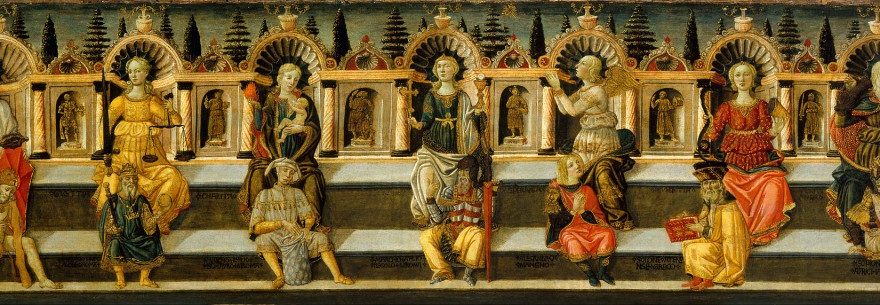
“Education is a Discipline”: Virtue Formation in the Classroom
“’Education is an atmosphere, a discipline, a life’––is perhaps the most complete and adequate definition of education we possess. It is a great thing to have said it; and our wiser posterity may see in that ‘profound and exquisite remark’ the fruition of a lifetime of critical effort (Charlotte Mason, Parents and Children, p. 33).…
-

Apprenticeship in the Arts, Part 6: The Transcendence and Limitations of Artistry
In this series on apprenticeship in the arts we have laid out a vision for the role of the arts in a fully orbed classical Christian education. We began by situating artistry or craftsmanship within a neo-Aristotelian and distinctly Christian purpose of education: namely, the cultivation of moral, intellectual, and spiritual virtues. Then we explored…
-
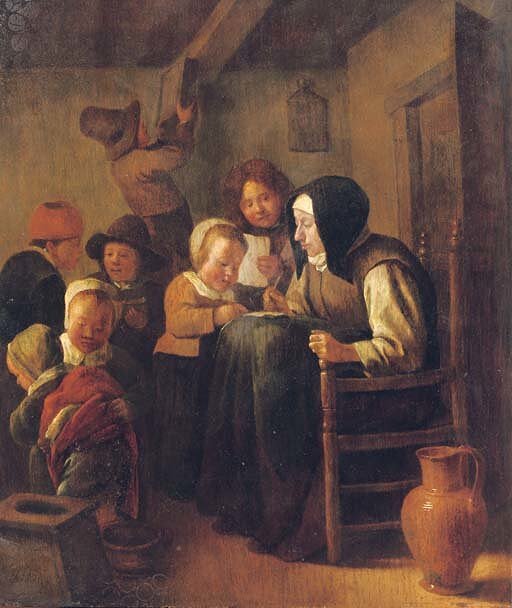
What is a Learner?: Reading Charlotte Mason through Aristotle’s Four Causes
The goals and aims of our educational renewal movement center not on the quality of our curriculum or the quality of our teacher. Instead, the quality of learning is the true test of whether we are providing something of lasting value and worth. To that end, I have taken a look at the learner and…
-

Apprenticeship in the Arts, Part 5: Structuring the Academy for Christian Artistry
In the previous article we explored the need to counter the passion mindset of our current career counseling by replacing it with a craftsman mindset drawn from a proper understanding of apprenticeship in the arts. Apprenticing students in various forms of artistry (including the liberal arts) constitutes the role of the Academy that is most…
